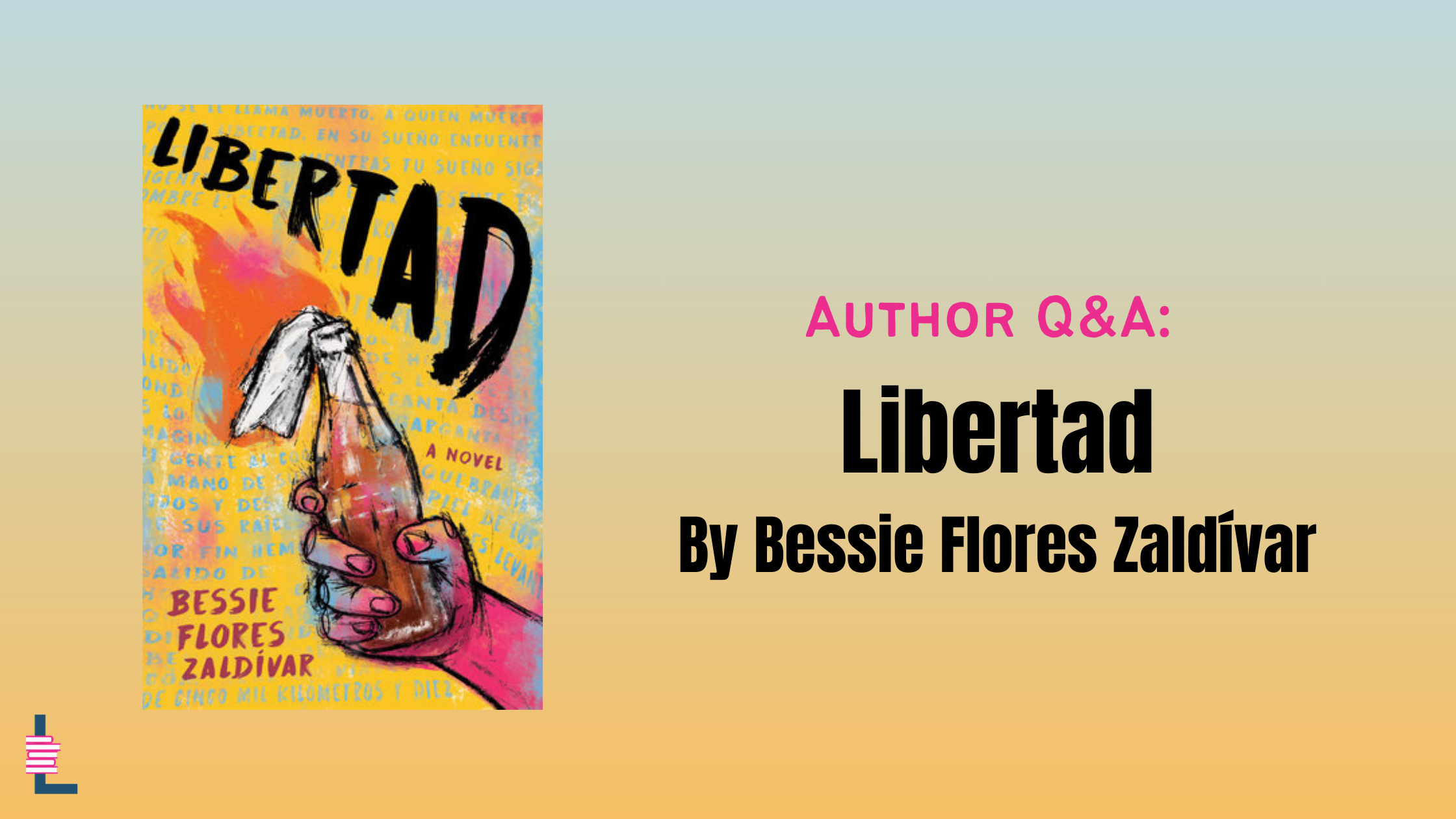Most Anticipated November 2024 Releases
November is the month stuck between the spooky and the jolly. It is the perfect transition to ease our way into the colder months, filling us with gratitude, hearty meals, and—of course—exciting book releases! Take a look at our most anticipated books for this month as you get ready for the most wonderful time of the year! Can you already feel the holiday spirit lurking around us?
Where the Library Hides by Isabel Ibañez
The long-awaited sequel of What the River Knows (2023) is finally here!
After leaving readers with an unexpected cliffhanger, Ibañez gives us the answers to our questions in Where the Library Hides. Set in 19th-century Egypt, the story follows Inez Olivera who is still recovering from her cousin Elvira’s murder and her mom’s betrayal. Although Tío Ricardo wants to send her back to Argentina to keep her safe, Inez won’t leave until she gets justice; however, the time and place she lives in will prove challenging. The law won’t let her access her inheritance unless she gets married, which gives Whitford Hayes—a secretive British former soldier—the idea to propose. But what is he planning?
The novel is a delicious mix of magic, adventure, mystery, humor, and romance. Ibañez lures the reader with her page-turning storytelling and compelling characters, making us question how far we are willing to go for our loyalty.
The Final Orchard by CJ Rivera
Staying on the parallel reality trope, CJ Rivera’s debut novel gives us a thrilling dystopian world where hope feels bleak.
In The Final Orchard, bionic enhancements drive the world. The novel tells the intertwined stories of geneticist Rosio Arata and 16-year-old Ever, but the two live very different lives. Rosio has a thriving career but is devastated after losing her daughter to an accident until she receives a call from someone who claims they can bring her back to life. It is then that she gets tangled in the secrets of her profession. On the other hand, Ever lives in a colony underground and is training to go to the Surface and fight the creatures harming the planet. What do the two have in common?
A terrifying tale about the consequences of greed, Rivera’s novel plays with reality and warns readers that not everything is what it seems.
Brown Girl, Brown Girl by Leslé Honoré. Illustrated by Cozbi A. Cabrera
Painting sparkles of hope are Leslé Honoré’s words next to Cozbi A. Cabrera’s illustrations, the perfect combination for an inspiring work.
A poem becomes a picture book in the heartwarming Brown Girl, Brown Girl, presenting a world where brown girls of all skin tones can shine brightly—a world that can easily be ours. The book follows verses that ask and answer questions addressed to those whose skin color shapes their lives. The repetition creates a rhythm that grasps readers and delivers the message effectively. The accompanying images by Cabrera are masterfully painted and provide scenes of brown girls playing and being happy despite their struggles.
Brown Girl, Brown Girl teaches readers the power of representation in media and how this can inspire young girls.
Women Surrounded by Water: A Memoir by Patricia Coral
To complete this list of powerful women characters, we must mention Patricia Coral’s heart-wrenching memoir.
The Puerto Rican author tells her story poetically, haunting readers with images of her and the island’s past and present. Coral’s narrative is as intimate as it is introspective, and it shows not only her reality but those of the women who survived the cultural restrictions that surrounded them. Readers follow her life as she marries and then separates from who was her first love, leaving Puerto Rico right before Hurricane Maria hits. The grief caused by exile, the longing for more in life, and the patriarchal expectations set upon women are among the many themes explored in this memoir.
Women Surrounded by Water is sure to make your heart hurt and flutter simultaneously. It honors women and Puerto Rico, and you might ask yourself if they could ever be truly free.
Roxanna Cardenas Colmenares is a Venezuelan writer living in New York City who loves to consume, study, and create art. She explores multiple genres in her writing, with a special interest in horror and sci-fi, while working on her B.A. in English with a Creative Writing concentration.
Her work has made her a two-time recipient of the James Tolan Student Writing Award for her critical essays analyzing movies. She has also won The Henry Roth Award in Fiction, The Esther Unger Poetry Prize, and The Allan Danzig Memorial Award in Victorian Literature.
In her free time, she likes to watch movies, dance, and draw doodles that she hopes to be brave enough to share one day.













